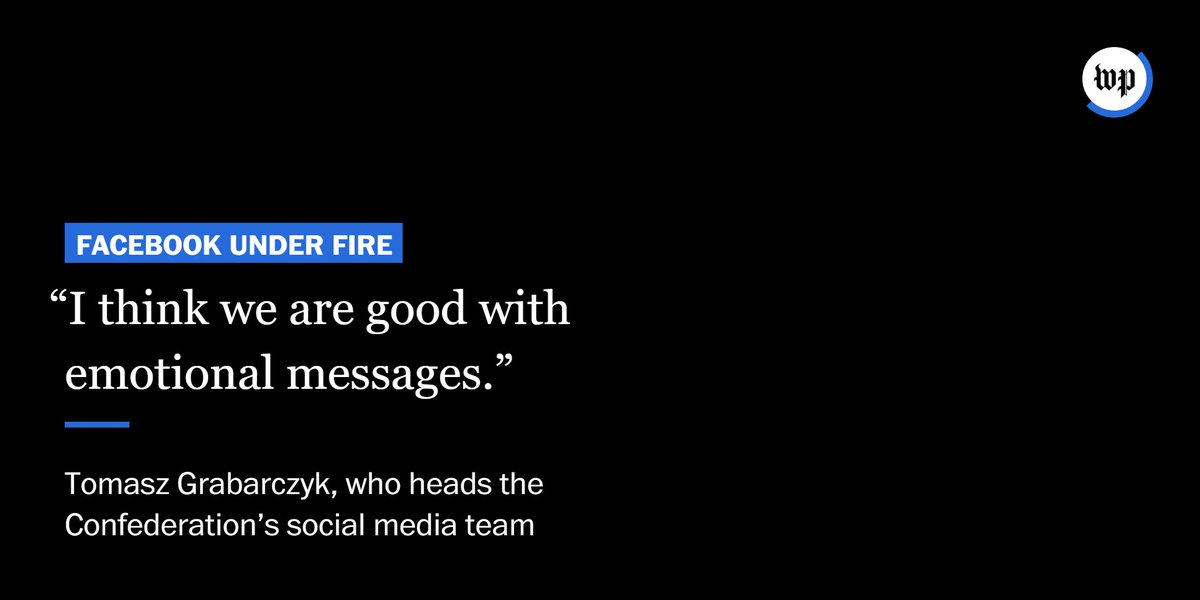
At COP26, countries face pressure to make more ambitious pledges to cut greenhouse gas emissions with the goal of keeping average global warming below 1.5 degrees Celsius, or 2.7 degrees Fahrenheit, compared to preindustrial levels. wapo.st/3GEDoyA
An analysis of national climate pledges by Climate Action Tracker, an independent international collaboration of climate scientists, shows the policies of many countries are inconsistent with their public pledges to cut greenhouse gases. wapo.st/3GEDoyA
The U.S. has pledged to further reduce its greenhouse gas emissions by 2030, but its emissions are currently projected to remain mostly unchanged over the coming decade, according to the Climate Action Tracker analysis.
See how other countries fare here: wapo.st/3GEDoyA
See how other countries fare here: wapo.st/3GEDoyA

Earth has warmed more than 1 degree Celsius on average over the past century, and many places have warmed by at least 2 degrees, a Post analysis of multiple temperature data sets found. wapo.st/3pVcOeF
The Biden administration, along with its European allies, has sought to persuade the world’s largest greenhouse gas emitter, China, and other major nations to commit to more ambitious, detailed plans ahead of COP26. wapo.st/2ZJaxYP 

The global effort to combat climate change boils down to this: Bending a very stubborn curve.
Take a look at dozens of nations, and see how their climate plans could alter their future emissions. wapo.st/3GEDoyA
Take a look at dozens of nations, and see how their climate plans could alter their future emissions. wapo.st/3GEDoyA
• • •
Missing some Tweet in this thread? You can try to
force a refresh









